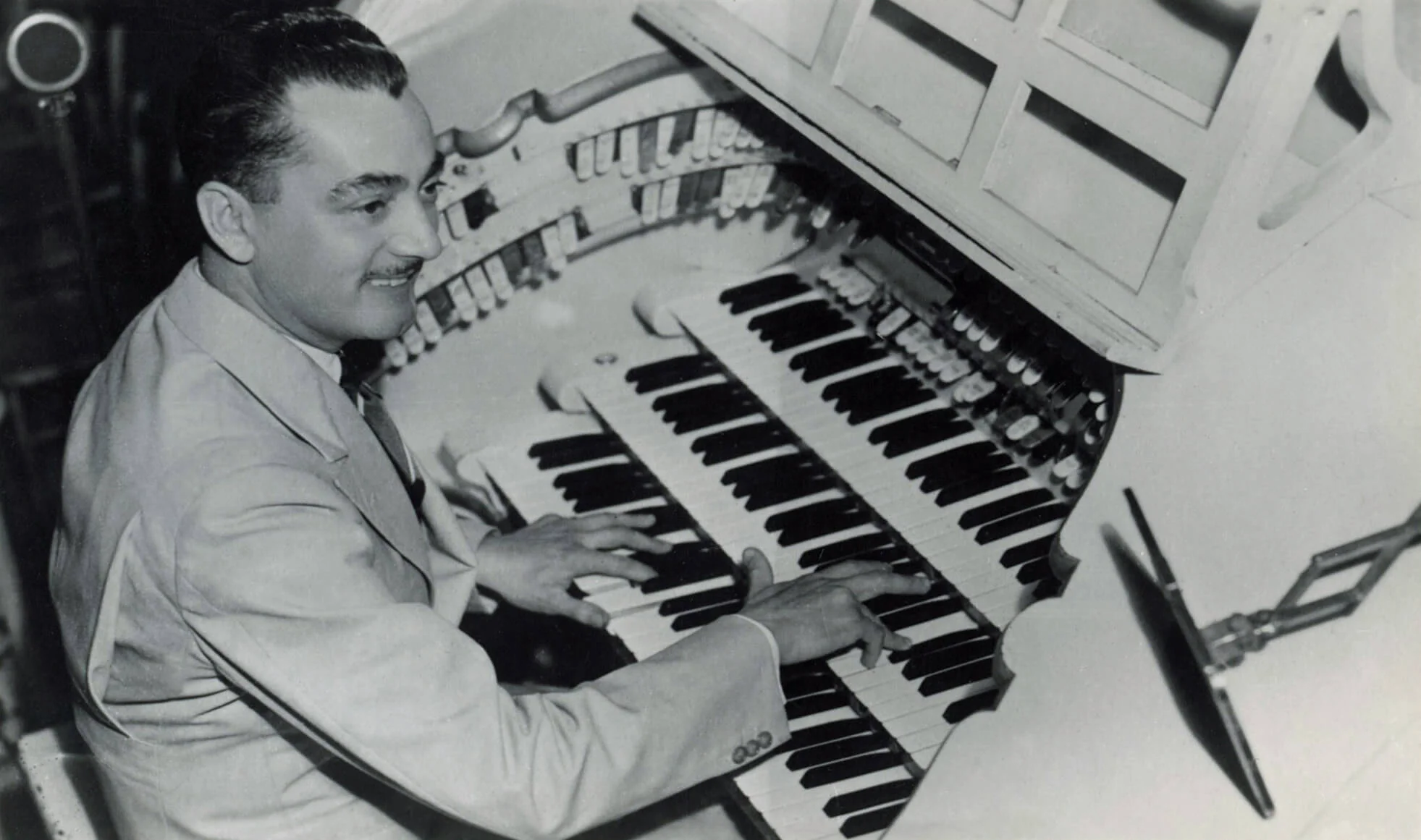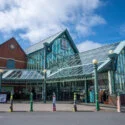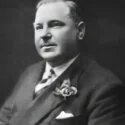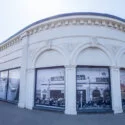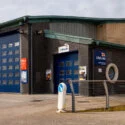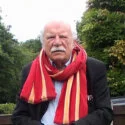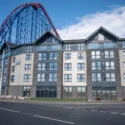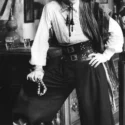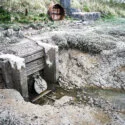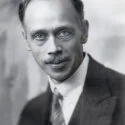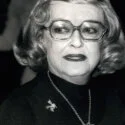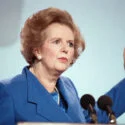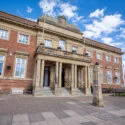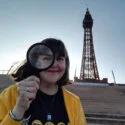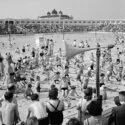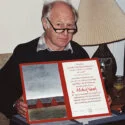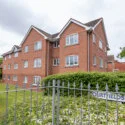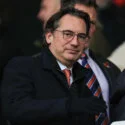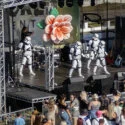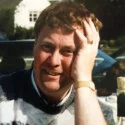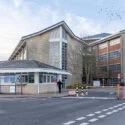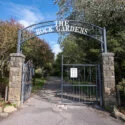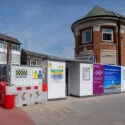Reginald Dixon’s tenure at the Tower Ballroom in Blackpool, beginning in 1930, was a defining era for both his career and the venue’s reputation. Dixon was born in Ecclesall, Sheffield on 16 October 1904. Dixon quickly became a central figure in the ballroom’s entertainment scene when he was appointed as the resident organist at the Tower Ballroom, bringing a new level of excitement and professionalism to the stage.
Dixon’s performance style was marked by virtuosity and flair, characterized by a blend of classical music, popular tunes, and innovative arrangements. His ability to adapt his performances to suit various moods and occasions made each show unique and engaging. He skillfully utilized the Wurlitzer organ’s range of stops and effects, including the distinctive Tibia Plena stop, to create rich, resonant sounds that enhanced the theatrical experience of the ballroom.
The regular broadcasts of Dixon’s performances on the BBC and other radio stations expanded his reach beyond the local audience, bringing his music to listeners across the UK and beyond. These broadcasts, along with his numerous recordings, showcased his technical skill and versatility, further solidifying his status as one of the leading theatre organists of his time. Dixon’s innovative use of the Wurlitzer organ and his charismatic stage presence played a crucial role in establishing the Tower Ballroom as a premier destination for theatre organ music. His influence on the venue and the theatre organ tradition was profound, and his work helped to ensure the ballroom’s enduring popularity.
After 46 years of distinguished service, Dixon retired in 1976. His contributions to the Tower Ballroom and to theatre organ music were recognized with various honors, including an MBE for his services to music. Even after his retirement, Dixon’s legacy continued to resonate through his recordings and the ongoing popularity of the Tower Ballroom. His impact on the venue remains a significant chapter in the history of theatre organ music.
